Blockchain Licensing: What You Need to Know
When working with blockchain licensing, the legal process that lets projects issue, manage, or operate blockchain‑based services and tokens. Also known as DLT licensing, it ensures compliance with crypto regulation and lets you interact safely with the broader financial system. Blockchain licensing encompasses the rules set by regulators, requires a proper digital asset license, and influences how you structure token sales. In short, if you ignore licensing, you risk shutdowns, fines, or lost credibility.
Key Aspects of Blockchain Licensing
First, crypto regulation shapes the entire licensing landscape – from anti‑money‑laundering checks to investor protection rules. Next, the type of token you launch matters. A utility token often faces lighter scrutiny than a security‑like token, but you still need to prove it serves a genuine product function. Finally, the token’s tokenomics – supply, distribution, and reward mechanisms – directly affect licensing requirements because regulators look for fair, transparent economics. Understanding these connections helps you design a compliant project from day one.
Below you’ll find a curated list of articles that break down each piece: from deep dives into SEC vs CFTC battles, to country‑specific compliance guides for India and Egypt, to practical steps for building utility token value. Use these resources to map out your licensing roadmap, avoid common pitfalls, and keep your blockchain venture on solid legal footing.

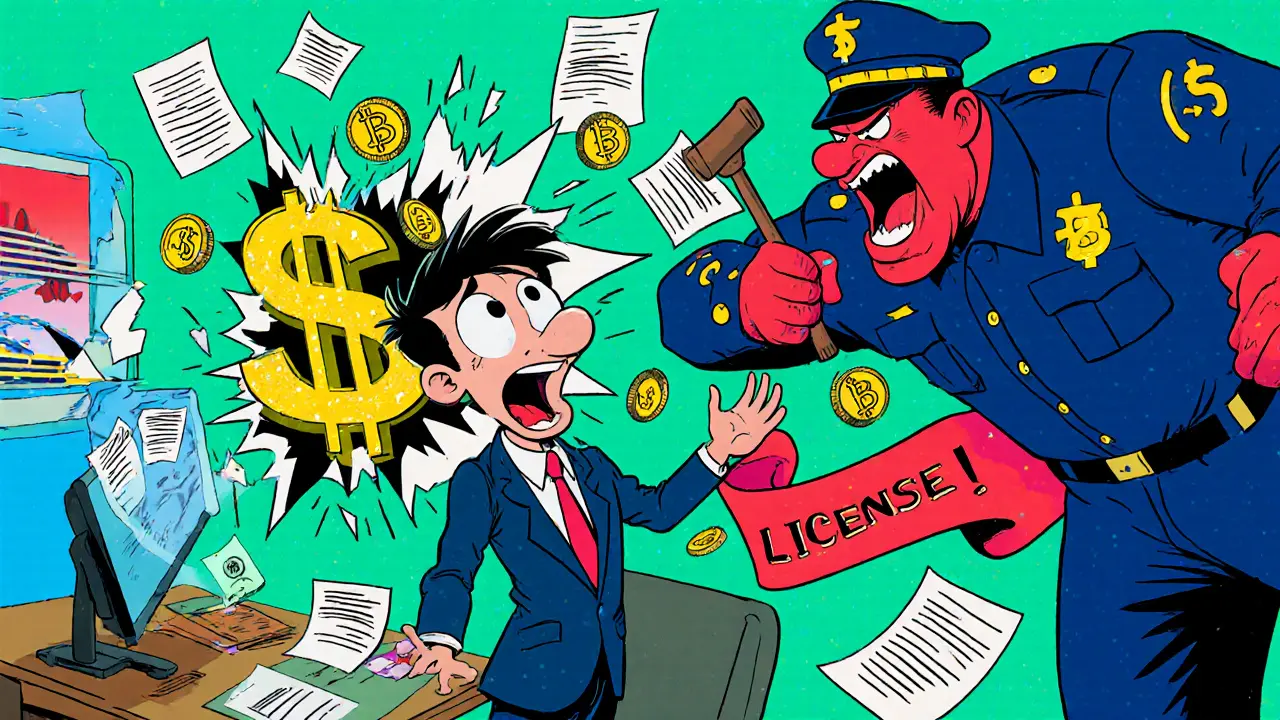

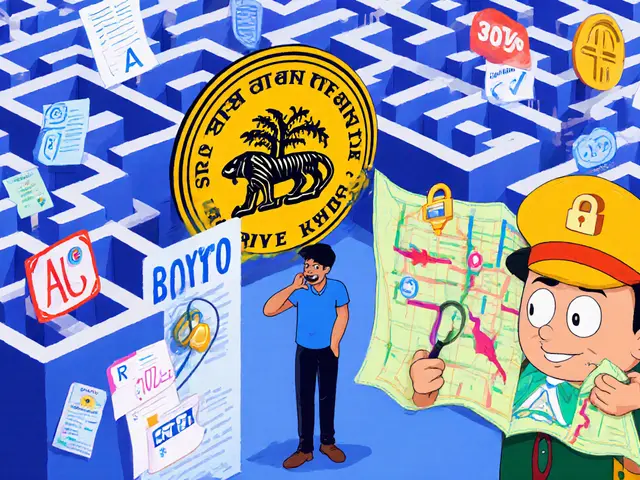
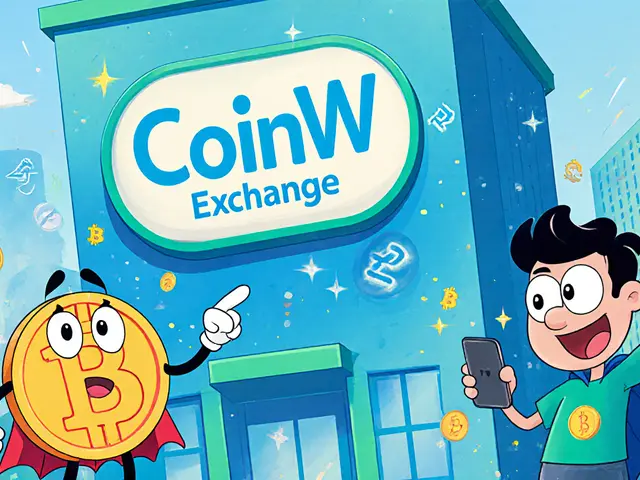
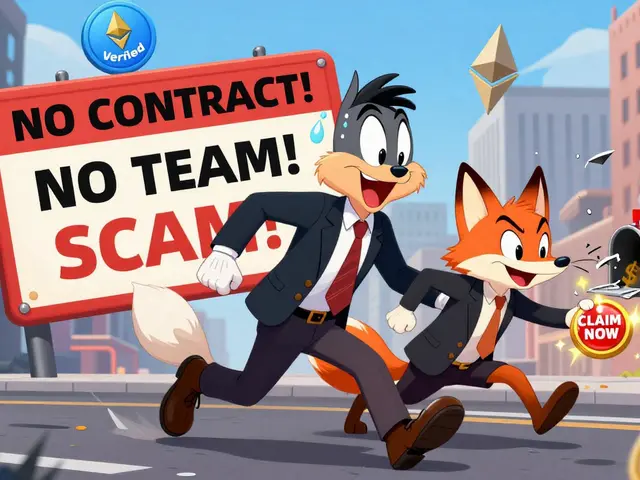
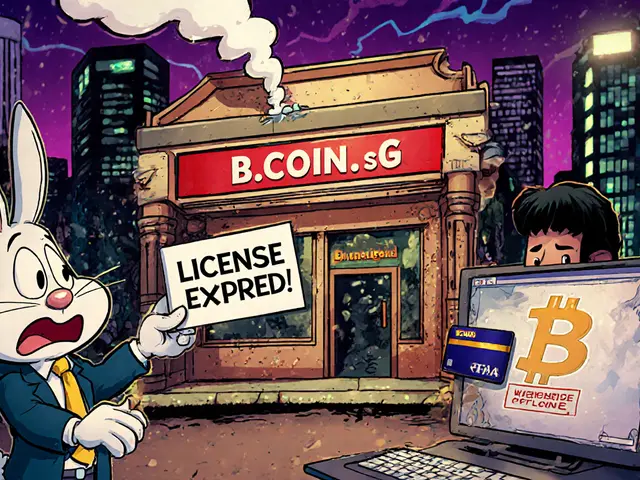
Categories